How I stopped my dog becoming jealous of my newborn
Are you welcoming a baby into your home? Here's how to prevent your dog becoming jealous of the new arrival
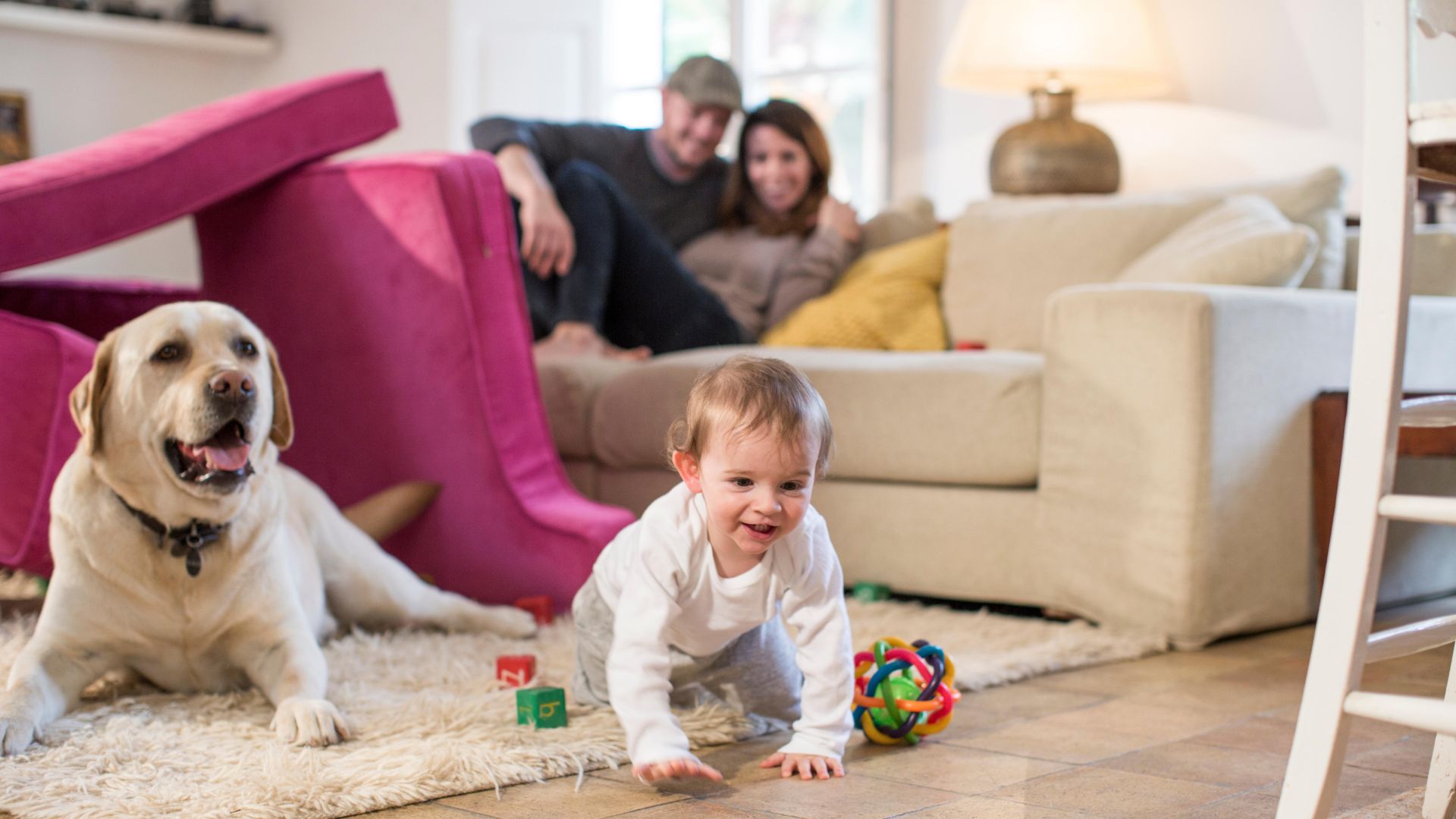
When I got pregnant, I was became really conscious that I didn’t want my dog to be jealous of my baby.
A 2024 survey by insurers ManyPets suggested that 36% of parents reported their dog becoming jealous since bringing a new baby home. Signs of jealousy can include whining, displaying attention-seeking behaviour, resource guarding, destructive behaviour and even unusual toileting habits.
Envy can also go hand-in-hand with anxiety, and you might find your dog leaves the room when the baby is there, or displays behaviours such as overgrooming.
Having read up on all this while I was pregnant, I wanted to take steps to make sure that my German Shorthaired Pointer, Maple, didn’t display any jealous or anxious behaviours towards my baby when I brought him home. Here’s what I did—and a realistic insight into how well it worked!
1. Desensitise your dog to baby sounds, sights and smells
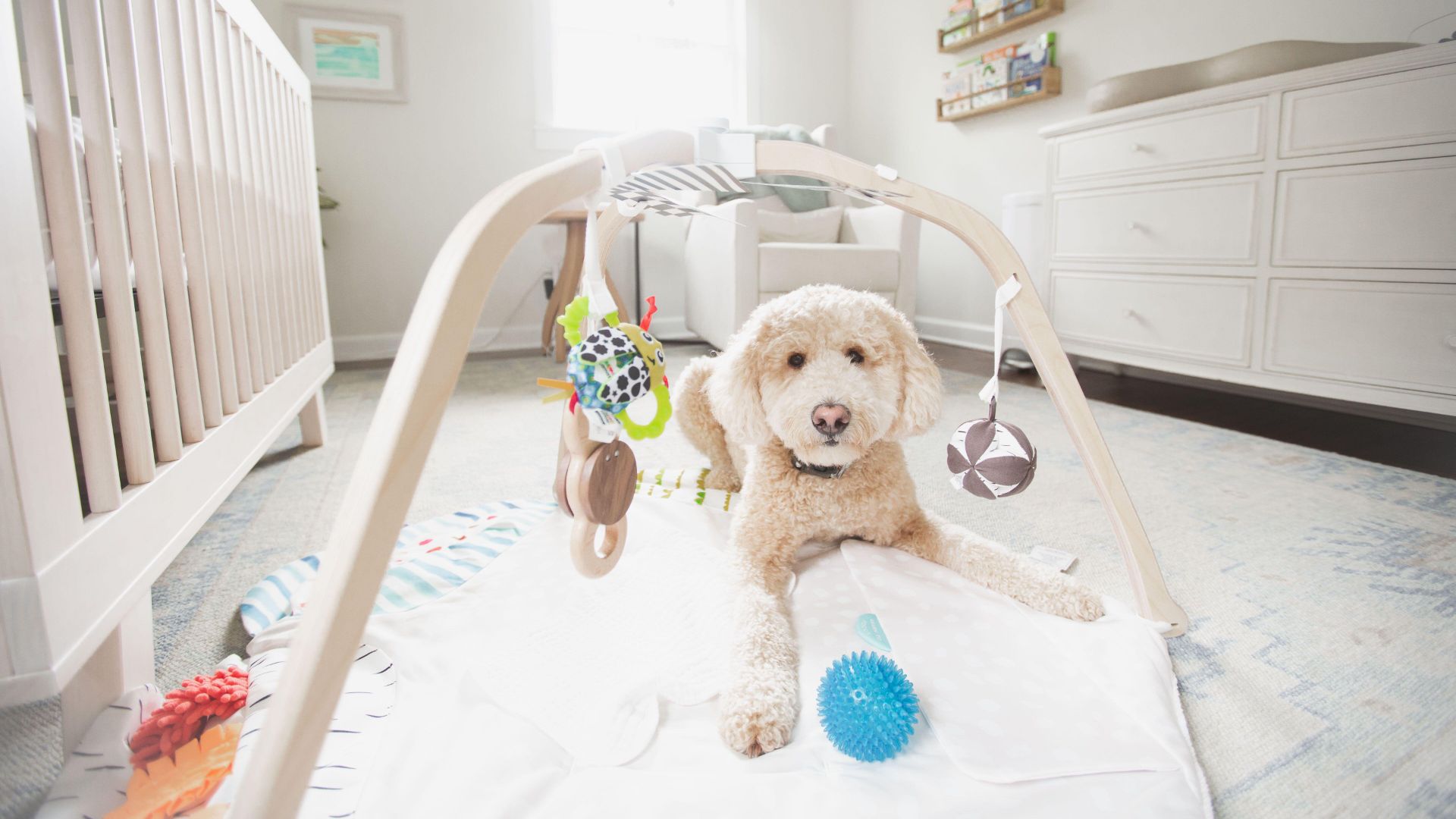
There’s a lot you can do to prepare your dog before your baby’s arrival. I used to play Maple baby crying noises on my phone, starting out quietly and increasing the volume over time.
We also spent time in the nursery, put up the Moses basket in our bedroom and had the pram in the house downstairs. This got her used to all the paraphernalia that comes with having a baby, so there are not too many new things all happening at once.
2. Go for a walk with an (empty) pram
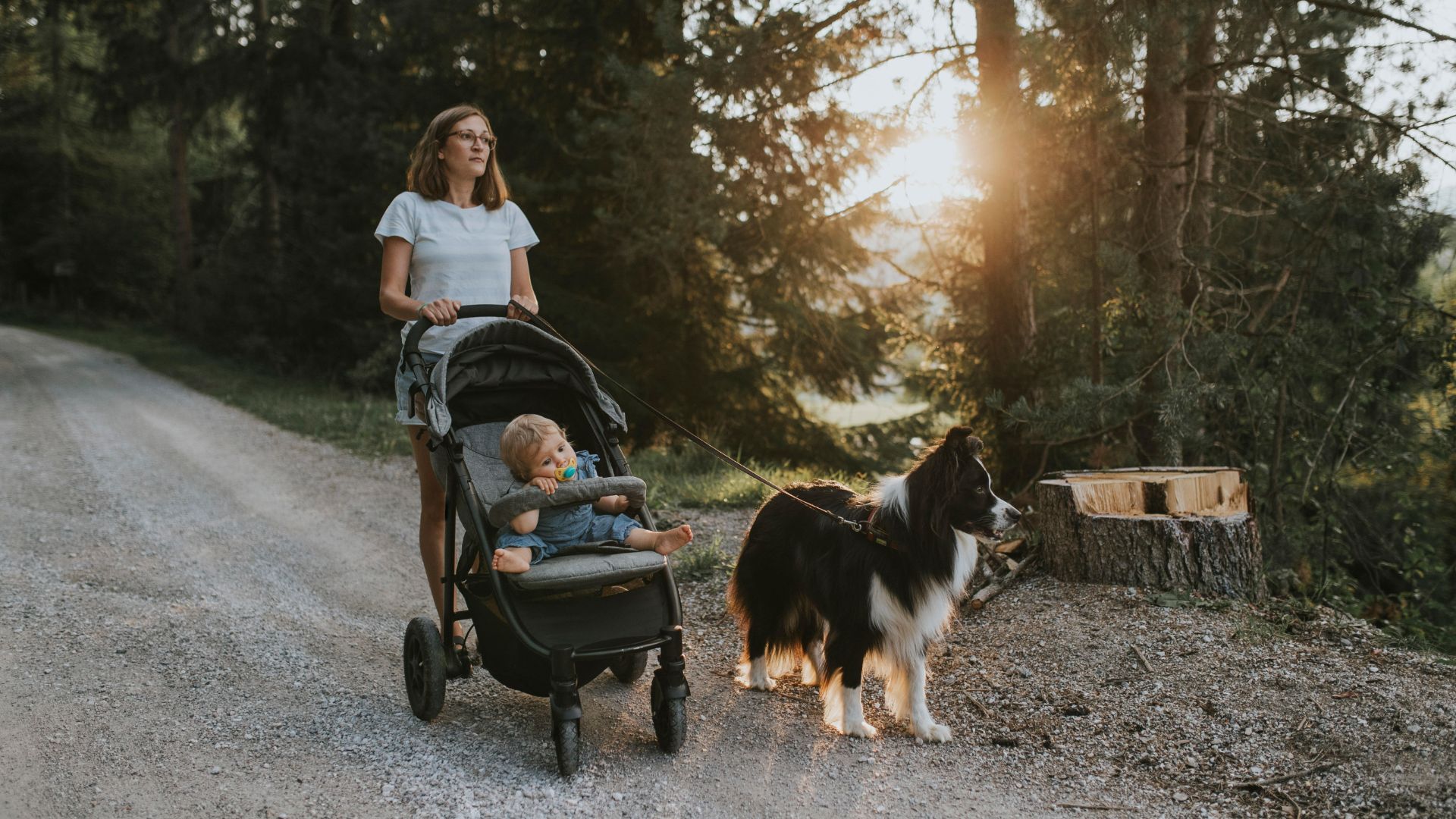
It might sound silly, but this is a great tip to get your dog used to walking nicely alongside a pram before you bring a baby into the mix, too. It’ll give you a chance to practise that loose-leash walking, and your dog will soon start to associate the pram (and eventually baby) with walkies.
Get the best advice, tips and top tech for your beloved Pets
3. Provide your dog with their own safe space
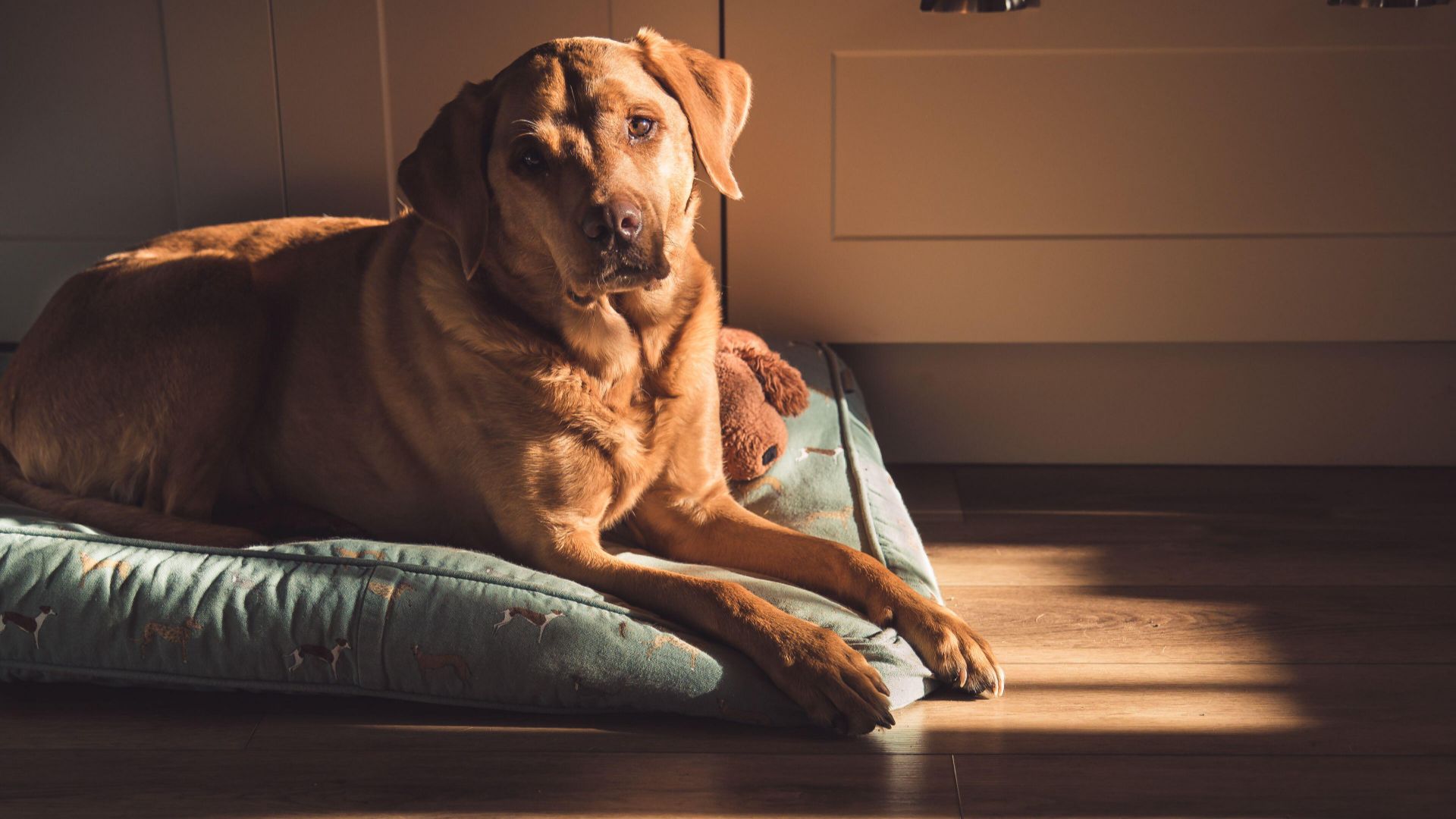
This is really vital to ensure your dog knows they have somewhere to go where they won’t be bothered by the baby. If your dog is crate trained, you most likely already have this sorted. In our case, Maple isn’t crate trained, so we used retractable baby gates (like these ones) to ensure that she wouldn’t be disturbed when she was snoozing by the fire.
While Maple was generally calm and happy around my son, in the early days she would become quite worried when he would cry. When this happened, I ensured she was never stuck in the same room as us and was able to leave to go somewhere else, away from the crying.
4. Introduce your baby in the right way
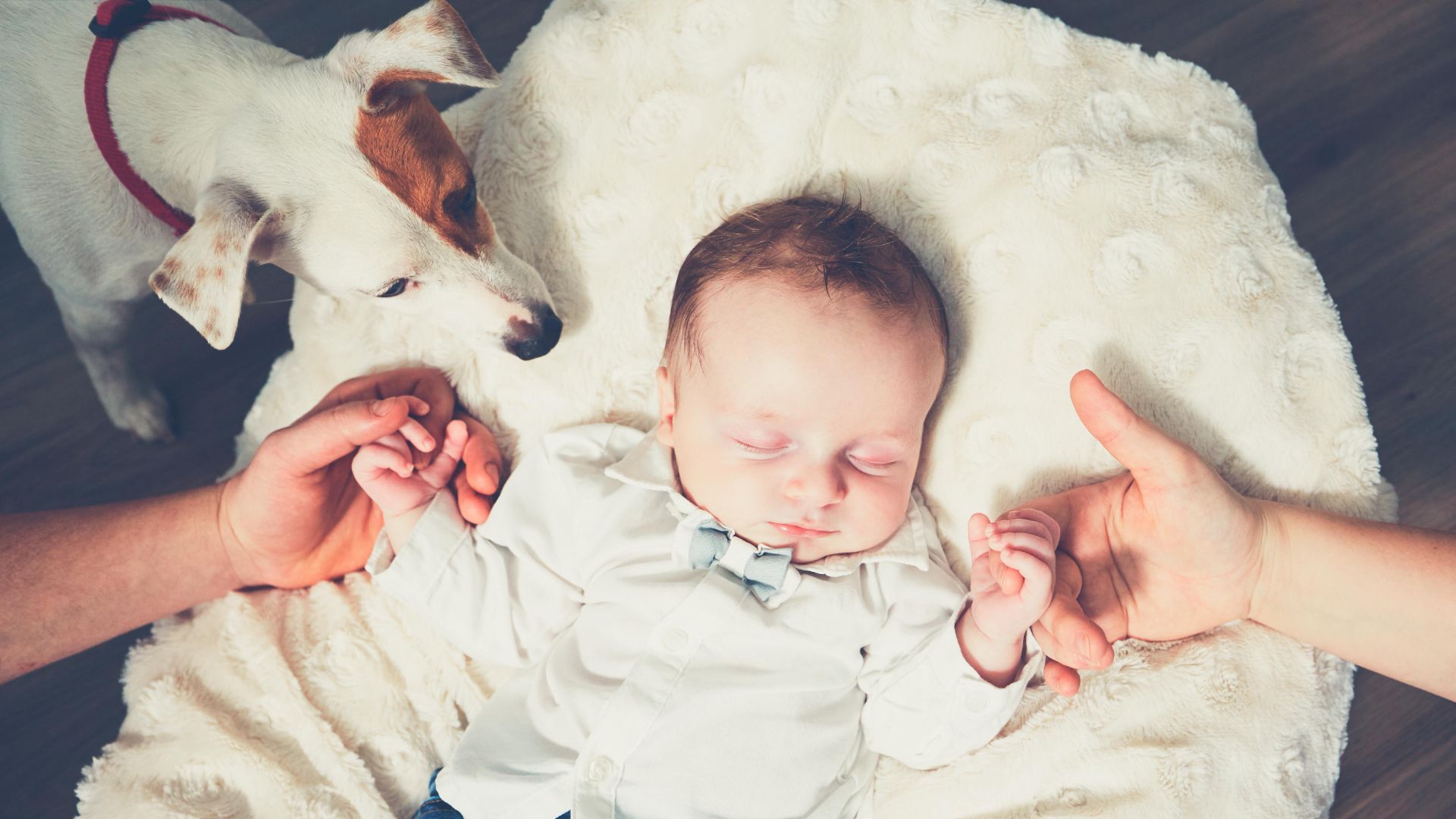
How you introduce your dog to your baby will have an impact on those first impressions. Maple was staying with my in-laws while we were in the hospital, and when my husband went to pick her up once we were home, he took with him a muslin cloth that smelt of our son for her to have a good sniff of.
Once he brought Maple back home, we greeted her first, with our son safely out the way in his Moses basket, so she could have plenty of fuss and be excited without putting the baby in danger.
Once she was calm, we let her approach the Moses basket and have a sniff, and we rewarded her with a couple of treats. We did this regularly over the first few days, and she soon understood that the baby was nothing to become overly excited about.
5. Don’t force any interactions
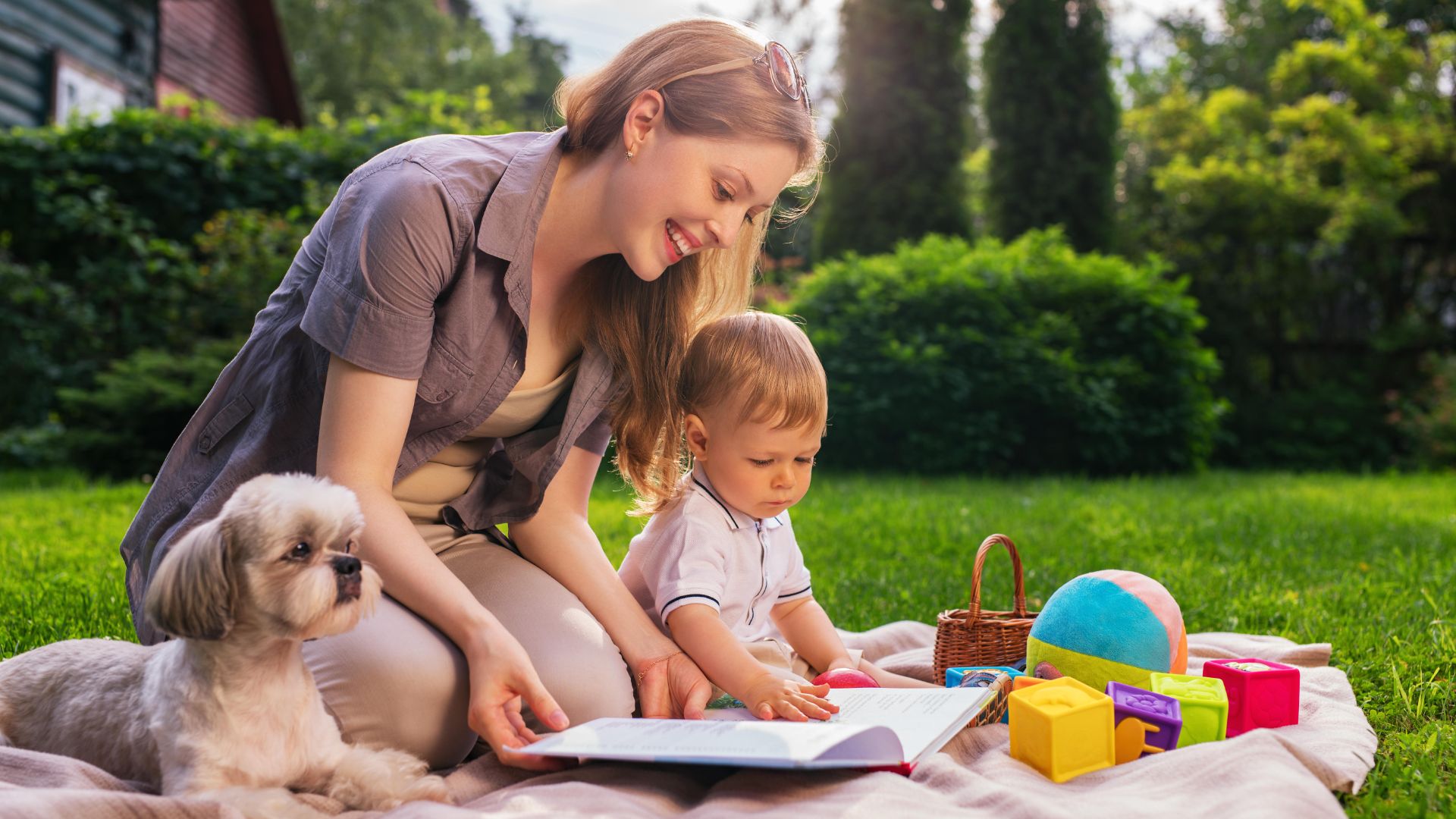
Never try to force your dog to sniff or say hello to the baby; let them do it on their own terms. Some dogs may take longer than others to want to investigate the new arrival, and that’s fine.
Others may be more interested and need some gentle encouragement to stay calm. In time, your dog will become more and more used to having your baby around the house.
6. Maintain their routine
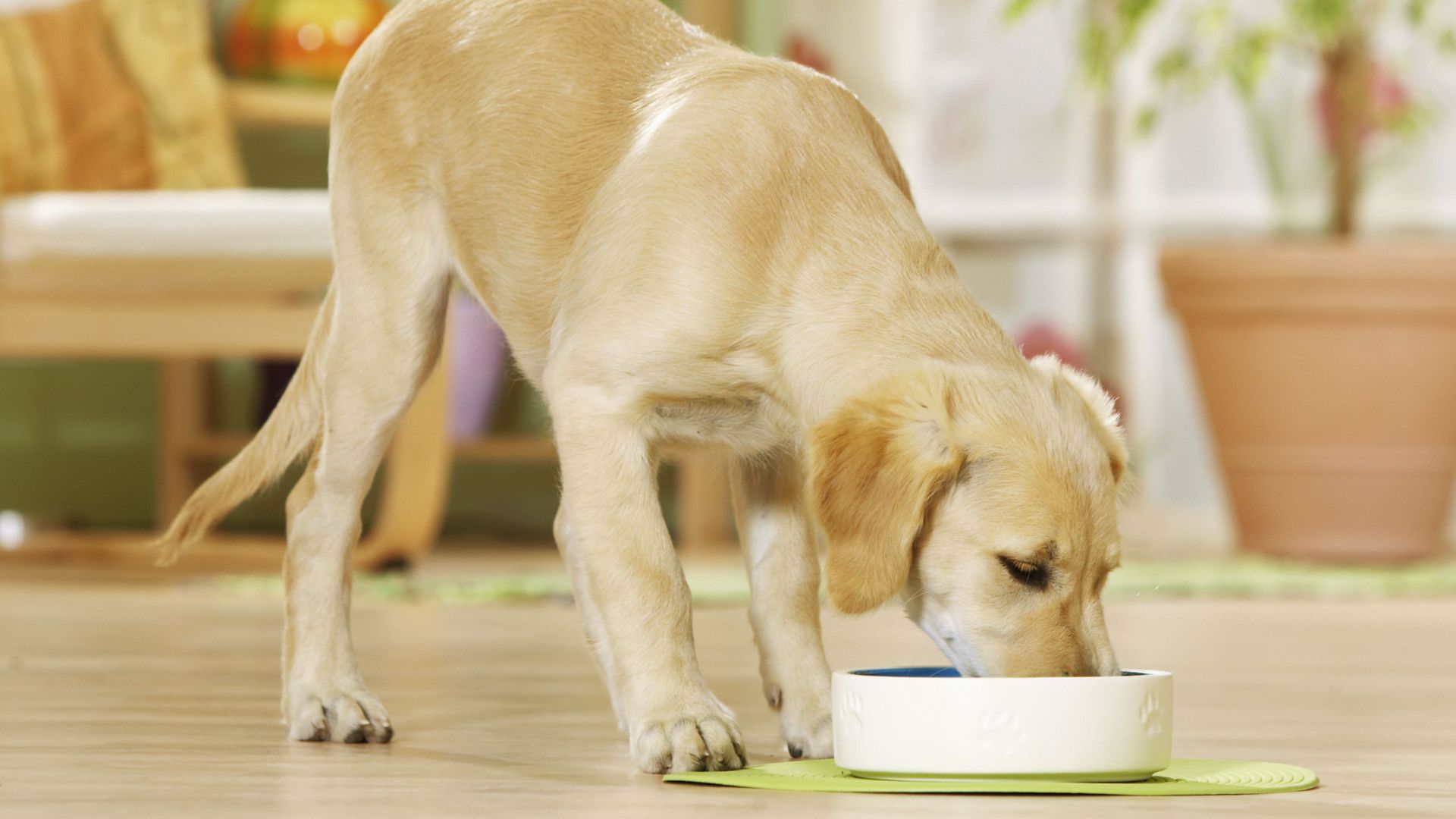
A lot will change when you come home with a newborn, but one of the things you can try to keep the same is your dog’s routine. Keep breakfast and dinner times, as well as walk times, the same as they used to be before the new arrival. Too much upheaval can make your dog feel anxious, so this is a simple way to help them feel settled.
While there were definitely mornings where I would rather have stayed in bed to catch up on some much-needed sleep, nipping downstairs to let Maple out and give her her breakfast did help to maintain a happy house in the long run!
7. Keep up with their training
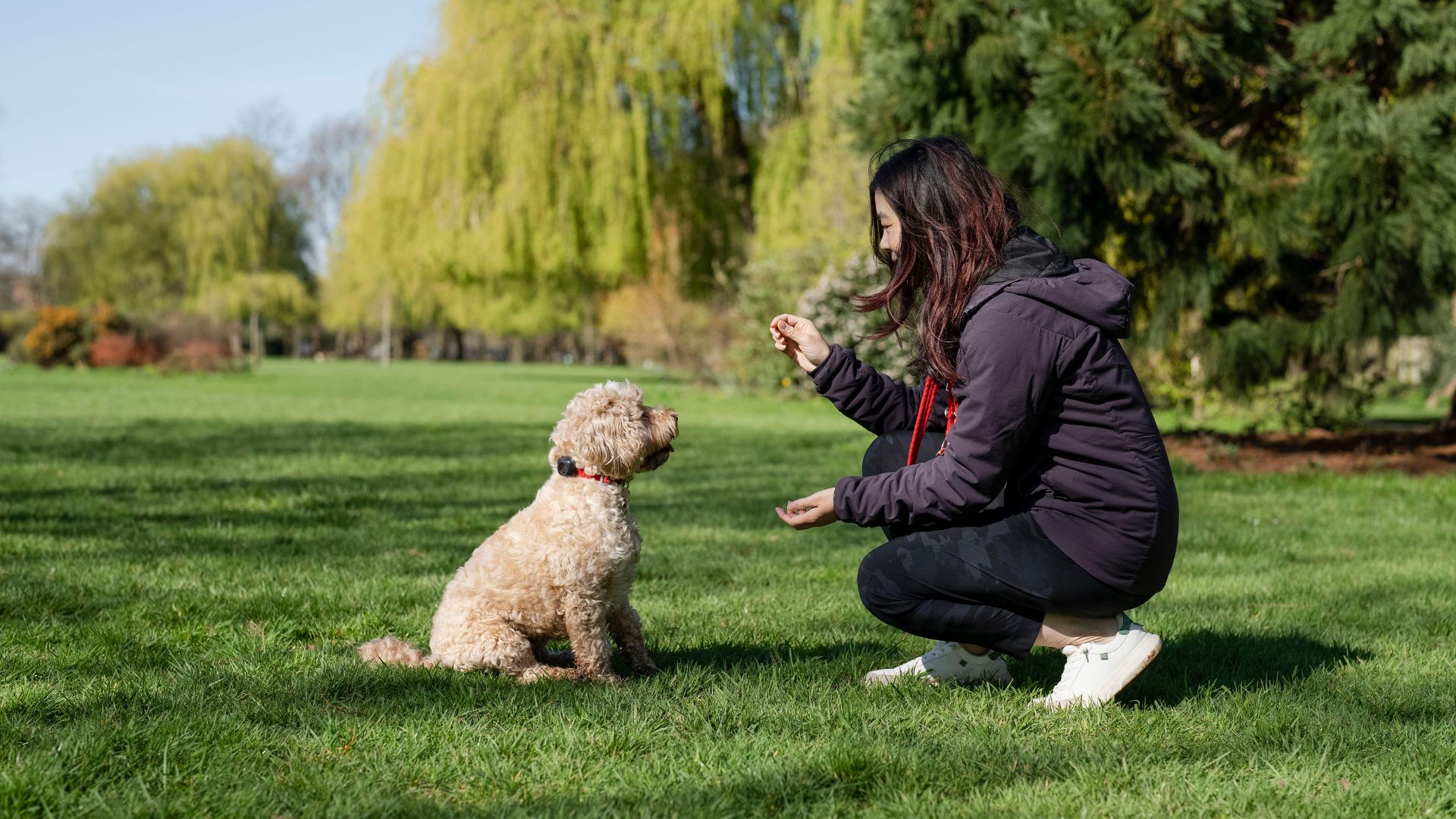
As well as ensuring that your dog stays on their best behaviour, regular training sessions will give you one-on-one time with your dog, which will help prevent any feelings of jealousy towards your baby.
With Maple, I often did training sessions in the garden while my son napped, and she absolutely thrived off these. Even a quick five-minute session made her feel really appreciated, and gave her brain a workout to tire her out, too!
Any one-on-one time you can give your dog, whether it’s training or just a good sofa snuggle, will really help them to feel like a priority to you.
8. Treat them to a new toy – or two
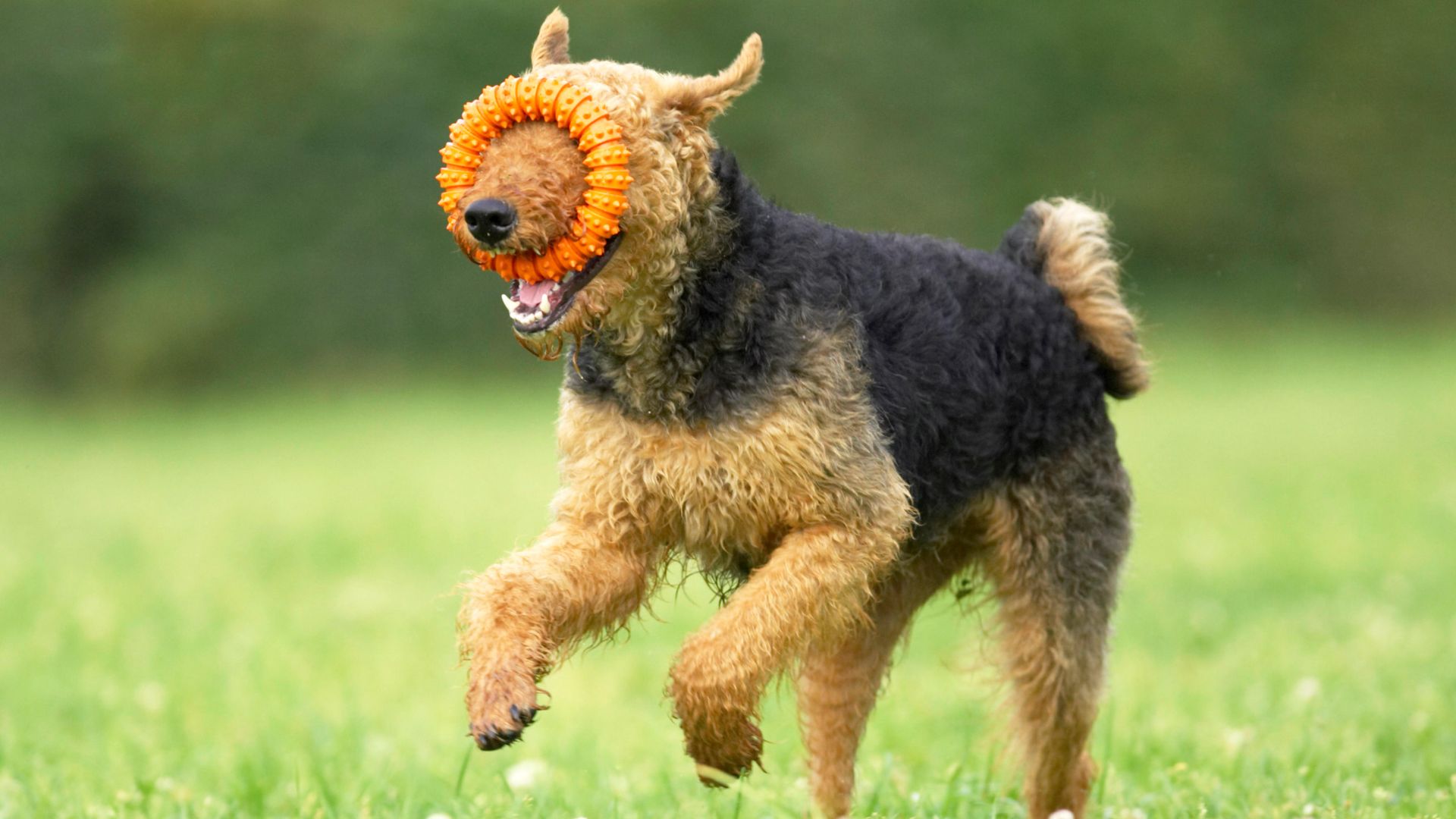
Maple loves a squeaky toy, so buying her some new toys when my son was very young helped to keep her happy – and stopped her stealing his cuddly toys! Interactive toys (like the best puzzle toys) are also great to give your dog something to do while you’re busy with the baby, too, helping to prevent them from becoming bored.
9. Pay attention to what your dog is telling you
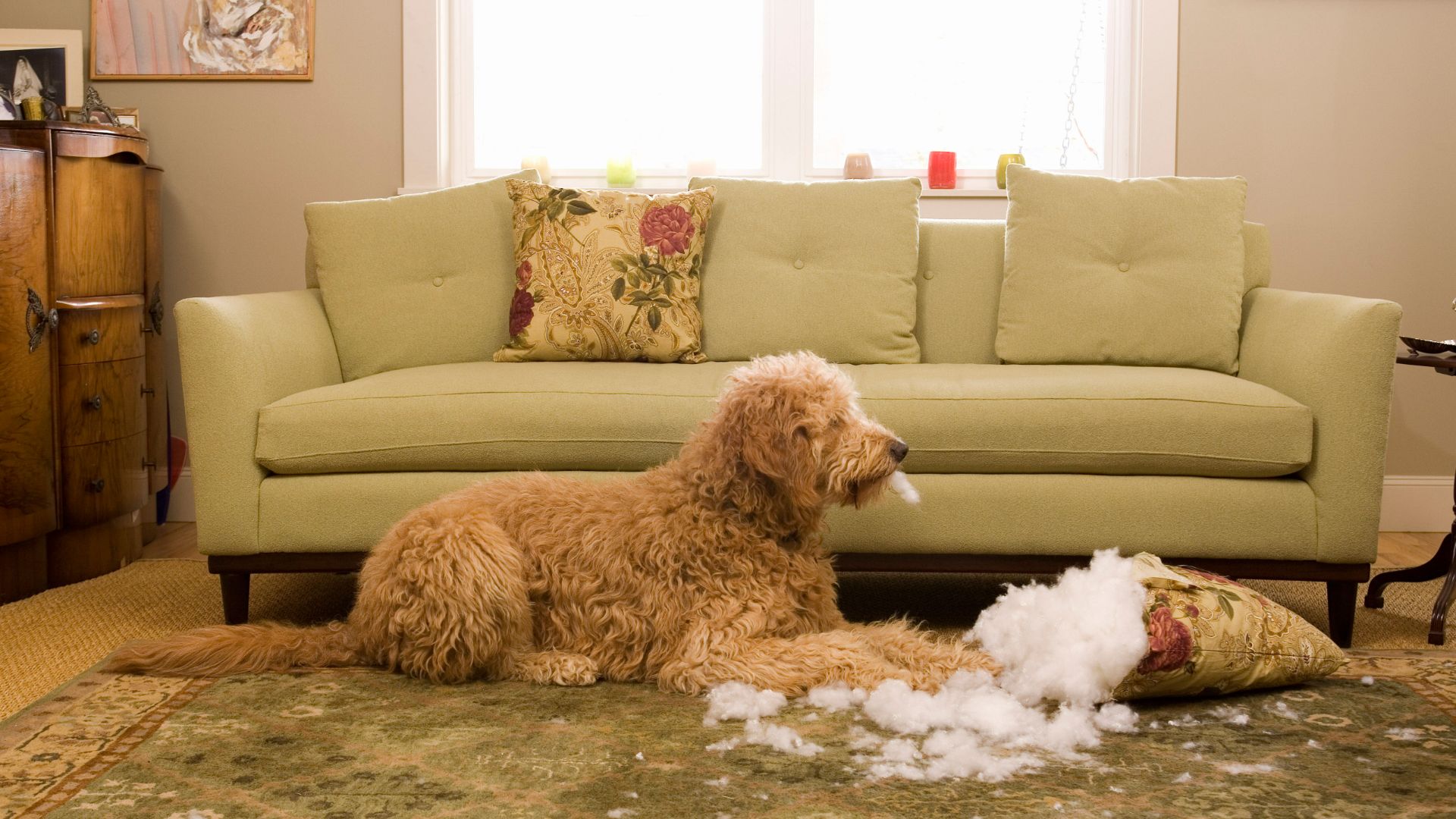
You’re bound to be busy with the new baby, but do keep a close eye on what your dog is trying to tell you. If they’re being more destructive than usual, they might not be getting the exercise they need. If they’re avoiding the baby at all costs, they might be struggling with the noise and the changes to their routine.
Remember never to leave your dog unattended with your baby, and if you are concerned about any of their behaviours, your first port of call should be their vet.
Read next: How I survived having a newborn with a high-energy dog or best family dog breeds
Edited by Georgia Guerin.
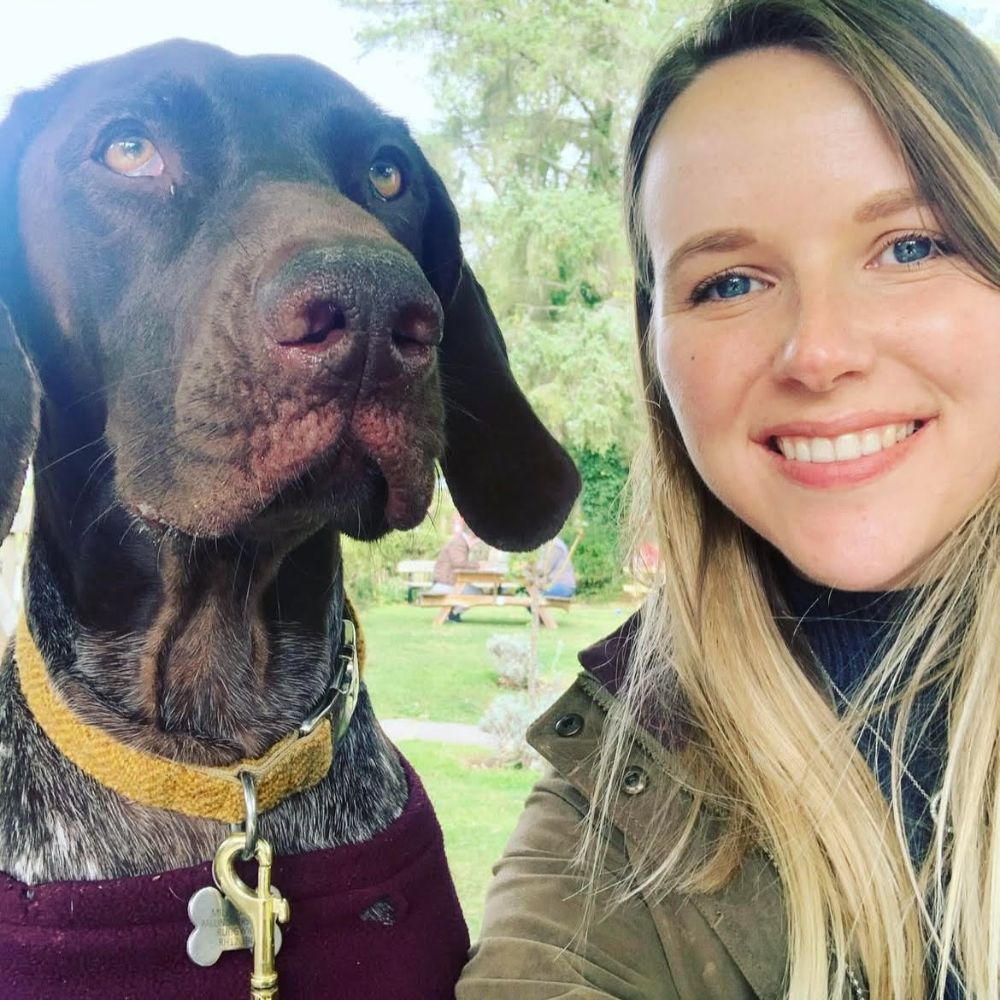
Victoria Jones is a freelance writer at PetsRadar. She has a decade of experience working on equestrian and countryside magazines – including on PetsRadar's sister title Horse & Hound for five years. She has done a variety of different jobs over the years, including sub-editing, writing, video editing and marketing.
Victoria is currently dog mum to Maple, a six-year-old German Shorthaired Pointer with endless energy. She also helps to look after her husband's marine fish tank, with her favourite inhabitants being the two clown fish, Michel and Francois.
She has previously owned cats and horses as well – at one point having a menagerie of two dogs, two cats and two horses, which kept her very busy indeed.
